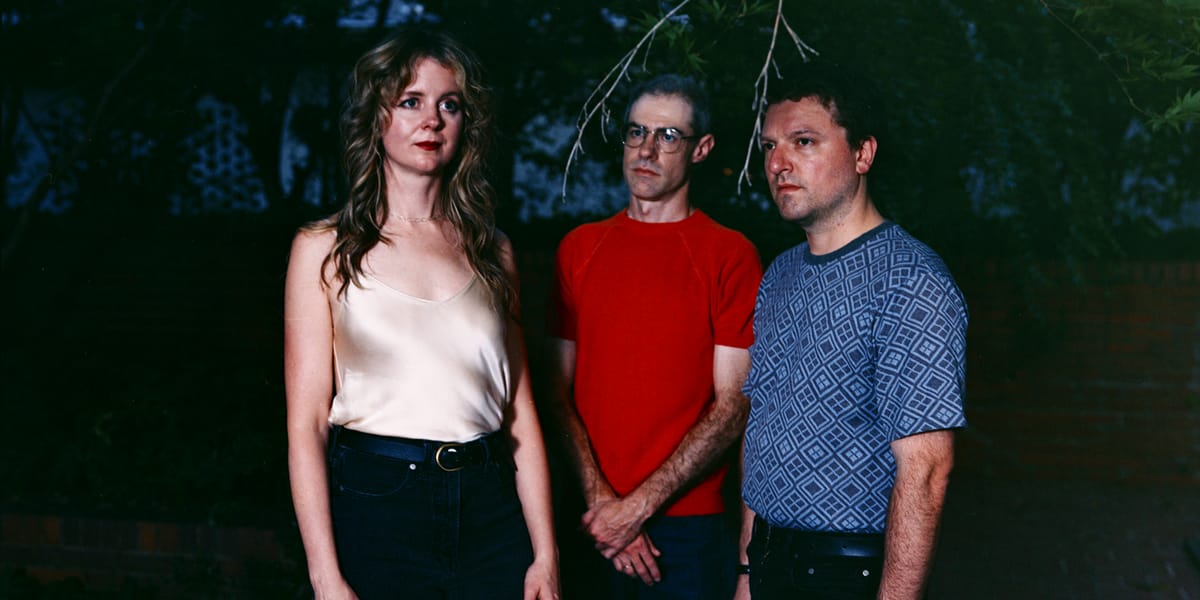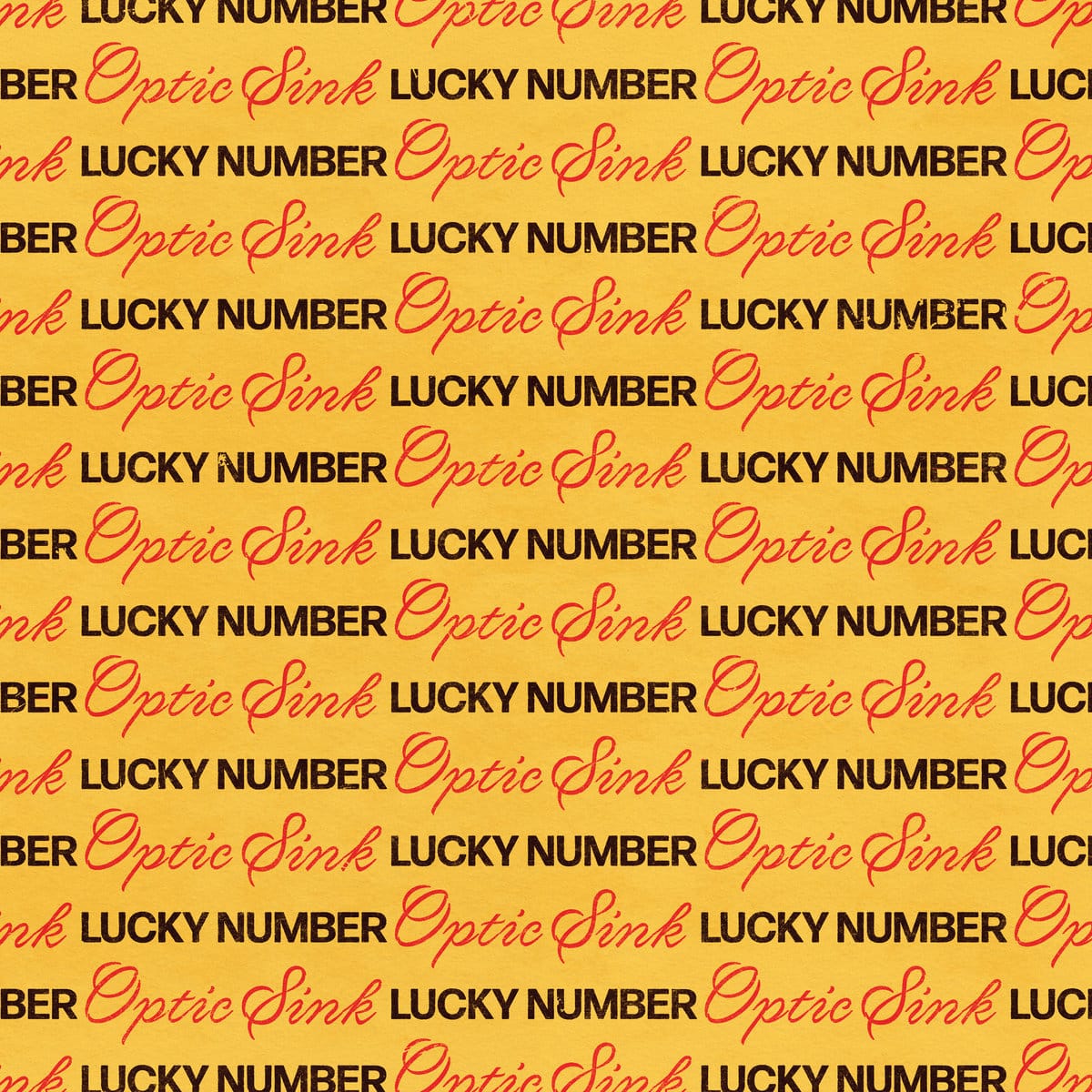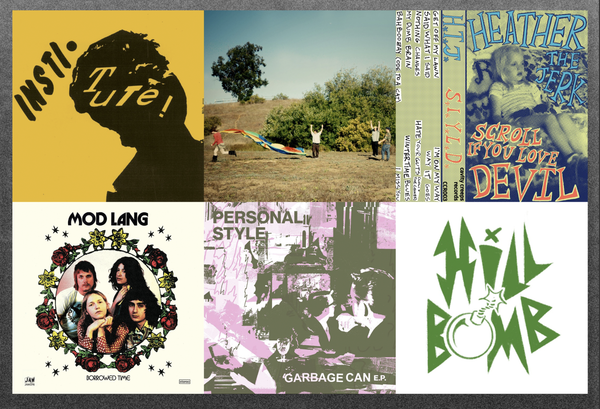punk this week: optic sink, puppet wipes, radioactivity + 14 more
Dorothy Fuzz, Abism, Retail Simps, Snörkler, the Boojums, and a whole pile of great hardcore. Happy Halloween!

Hey, it’s a very special Halloween edition of Punk This Week (a weekly recommendations column). Are you scared? Don’t be scared. I didn’t hide any razorblades or drugs in the newsletter. It’s all treats this time with new records from Optic Sink, Puppet Wipes, Radioactivity, Dorothy Fuzz, Retail Simps, Snörkler, Abism, the Boojums, and more.
It’s been a genuinely outstanding month for punk music. If you want weekly punk recommendations in your inbox, including this column right here, you have to subscribe and get behind the paywall. It’s $4/month or $40/year or barter (hit me up). In addition to the weekly column, you get bonus podcasts and the full see/saw radio archive of over 50 episodes.
Would you like to support fully independent rock'n'roll journalism and criticism? I’ve got no advertisers, no investors, and no corporations telling me what to do. (We used to have Johnny Cash, Bob Hope, and Steve Jobs.) I need the support of readers like you. Thanks for considering, thanks for reading, and happy Halloween.
Optic Sink: Lucky Number [Feel It]
Natalie Hoffmann should be in an impossible position just over a decade after the unstoppable first Nots album, and yet Optic Sink’s Lucky Number is in the conversation for the best record the Memphis punk hero has ever made. Joined by bandmates Ben Bauermeister and Keith Cooper, the trio recorded the new album with Sweeping Promises’ Caufield Schnug and Lira Mondal at their home studio in Lawrence, Kansas. The result is the absolute best sort of post-punk album—one that’s completely defined by groove.
Lucky Number is all momentum and drive, but behind the record’s danceability simmers an inherent sense of depression and anger and defeat. “Kinetic World” is the album’s dusk—one of the best examples of their balance of warmth (the music) and coldness (Hoffmann’s voice and lyrics). It closes with “Luxury of Honesty,” maybe their most ambitious song—one that starts minimal and expands out into something massive. For an album that plays out gradually, there’s never a dull moment or a skip. This is tears in the club music, but it’s the club that blasts the Normal and early Depeche Mode. Play it in full, play it loud.






